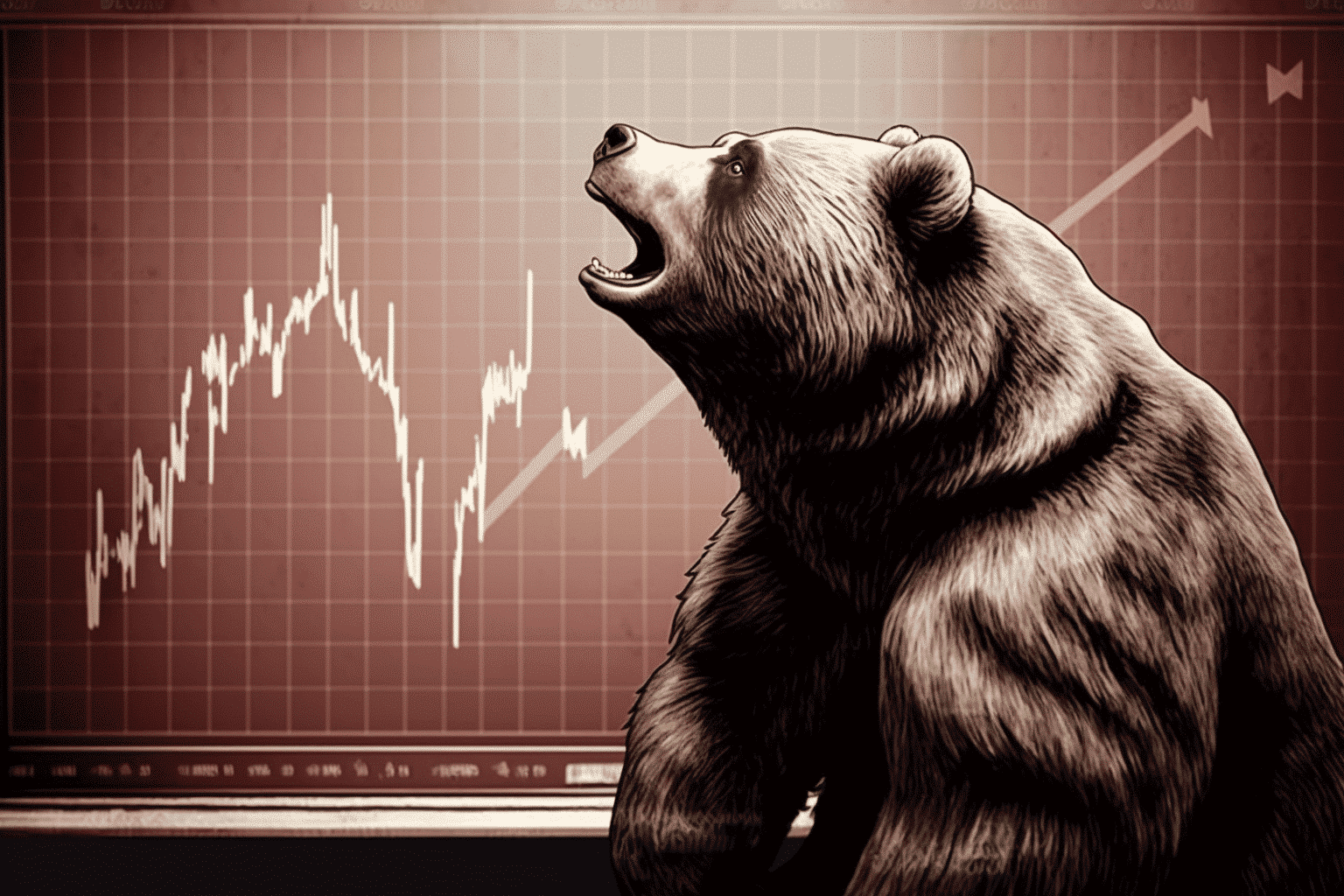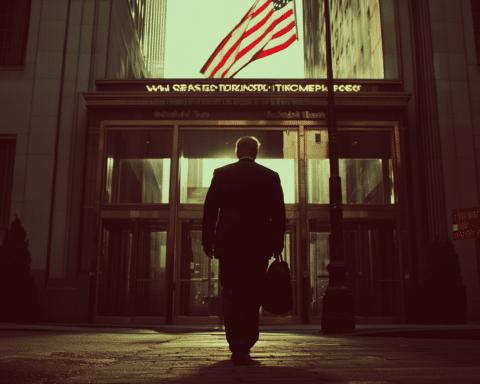The banking industry is presently under strain due to the surge in interest rates over the last year. The substantial growth in interest rates has exerted pressure on bank balance sheets, resulting in declines in the shares of several significant financial institutions.
Despite the recent market recovery, some investors remain apprehensive.
State Street Suffers from Sliding Earnings
State Street is facing a decline in its earnings, which has caused its shares to drop by 11% in early trading on Monday morning. For over a year, the financial services provider, recognized for its SPDR exchange-traded funds, has been grappling with the consequences of the bear market in equities.
Despite the recent rebound on Wall Street, the financial results from State Street have not been satisfactory to shareholders. In the first quarter, the company experienced a disparity in its two businesses, with net interest income increasing by 50% year over year due to rising interest rates, while fee revenue from its asset management business decreased by 9%, limiting overall sales gains to just 1%.
Despite efforts to control costs, total expenses grew by 2% year over year to $2.37 billion. State Street generates revenue from its massive asset base of $37.6 trillion under custody and administration, but weak markets have caused its asset levels to drop by 10% from where they were 12 months ago.
Unless there is a broader market recovery, State Street’s financial metrics could continue to be under pressure.
Charles Schwab Faces Deposit Outflows
Charles Schwab is facing a decline in deposits as their bank deposit account fees have decreased by almost 50% to $151 million, resulting in a 30% year-over-year drop in bank deposits to $326 billion. Despite the positive financial results in the first quarter, with a 10% increase in net revenue to $5.12 billion, largely driven by a 27% surge in net interest revenue and a nearly 5% rise in asset management and administration fees, investors were concerned with the decrease in deposit outflows.
The company’s balance sheet showed a lower level of cash and available-for-sale securities, while short-term borrowing increased, indicating the current liquidity crunch in the industry. Schwab needs to address this trend by providing higher-interest options to encourage customer loyalty and retain them.
While higher interest rates have benefited Schwab in some areas, substantial outflows in a critical part of its business are not ideal for the company.
Investor Concerns
Although some investors may have believed that the worst of the banking crisis was behind us, recent stock price drops of State Street and Charles Schwab indicate that challenges remain for bank stock investors.
As interest rates rise, banks may face even greater pressure, and those that can navigate this environment well may come out on top. On the other hand, banks that struggle to adapt may continue to experience financial difficulties.
It is crucial for investors to closely monitor these developments as they could impact the banking industry in the near future. To make informed investment decisions, it is essential to stay up-to-date with the latest information.




